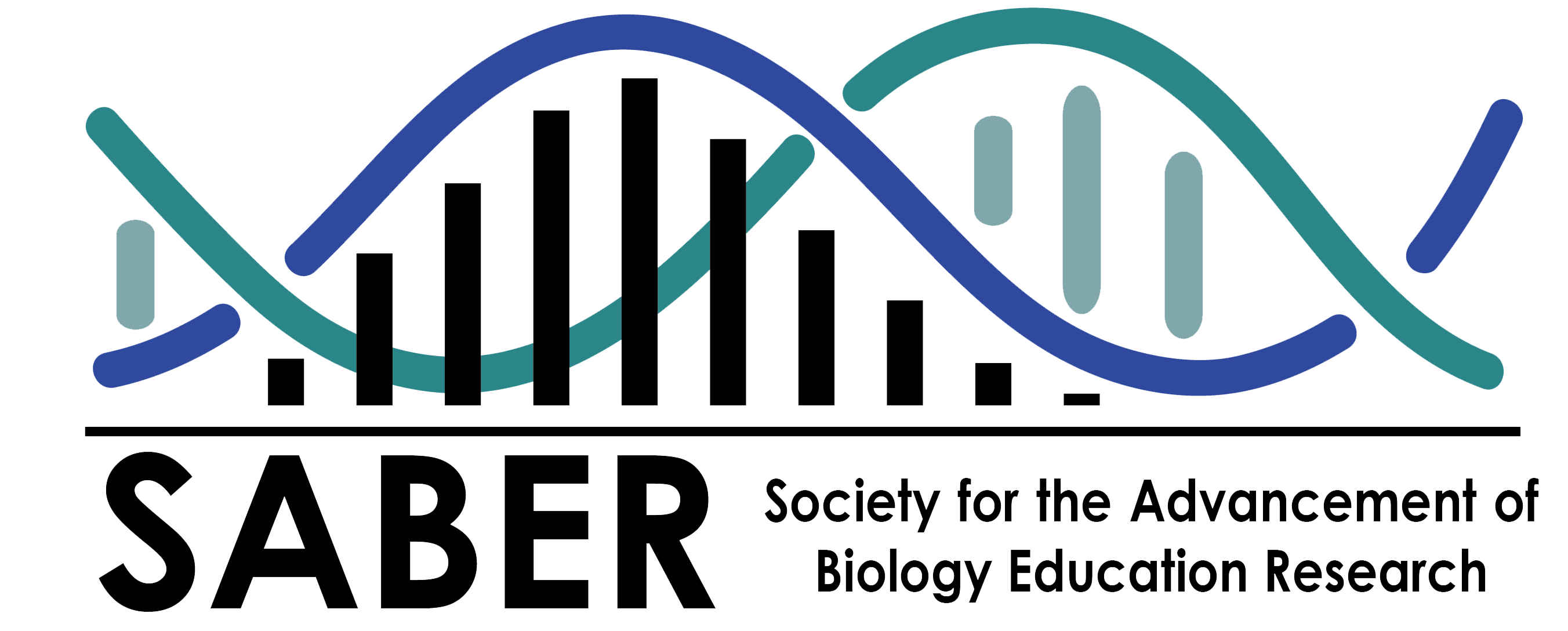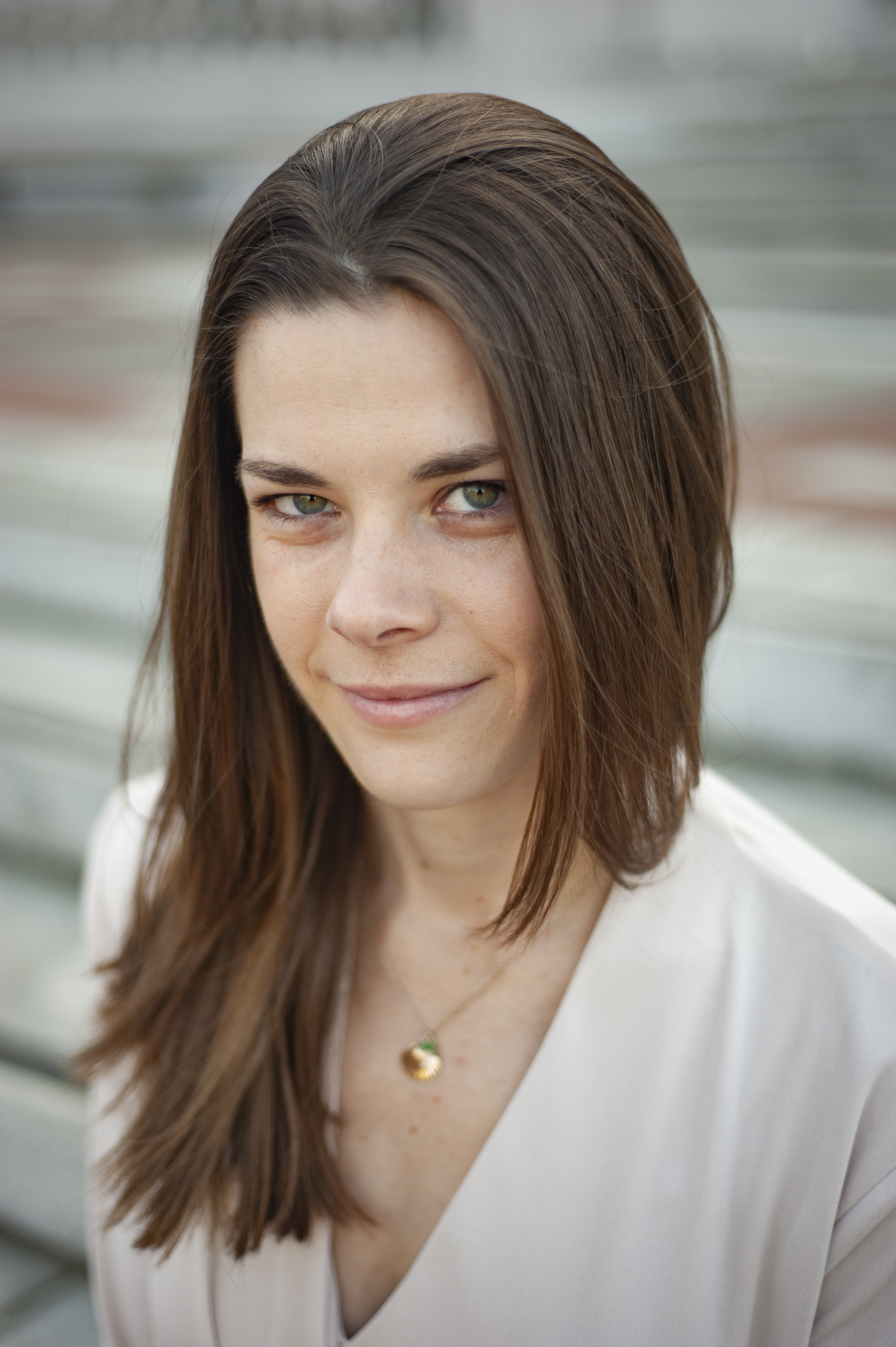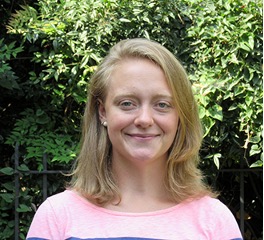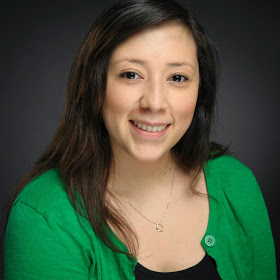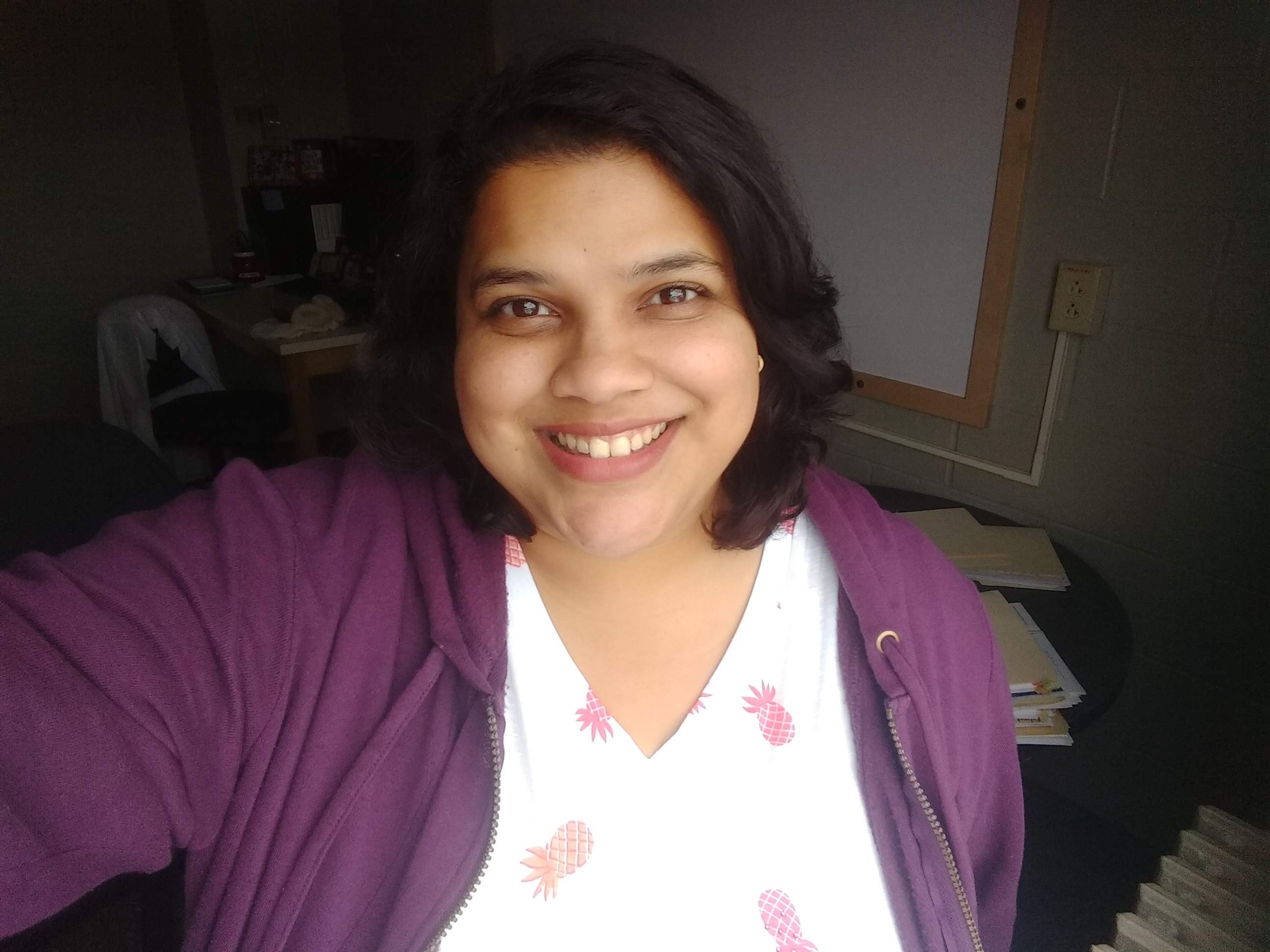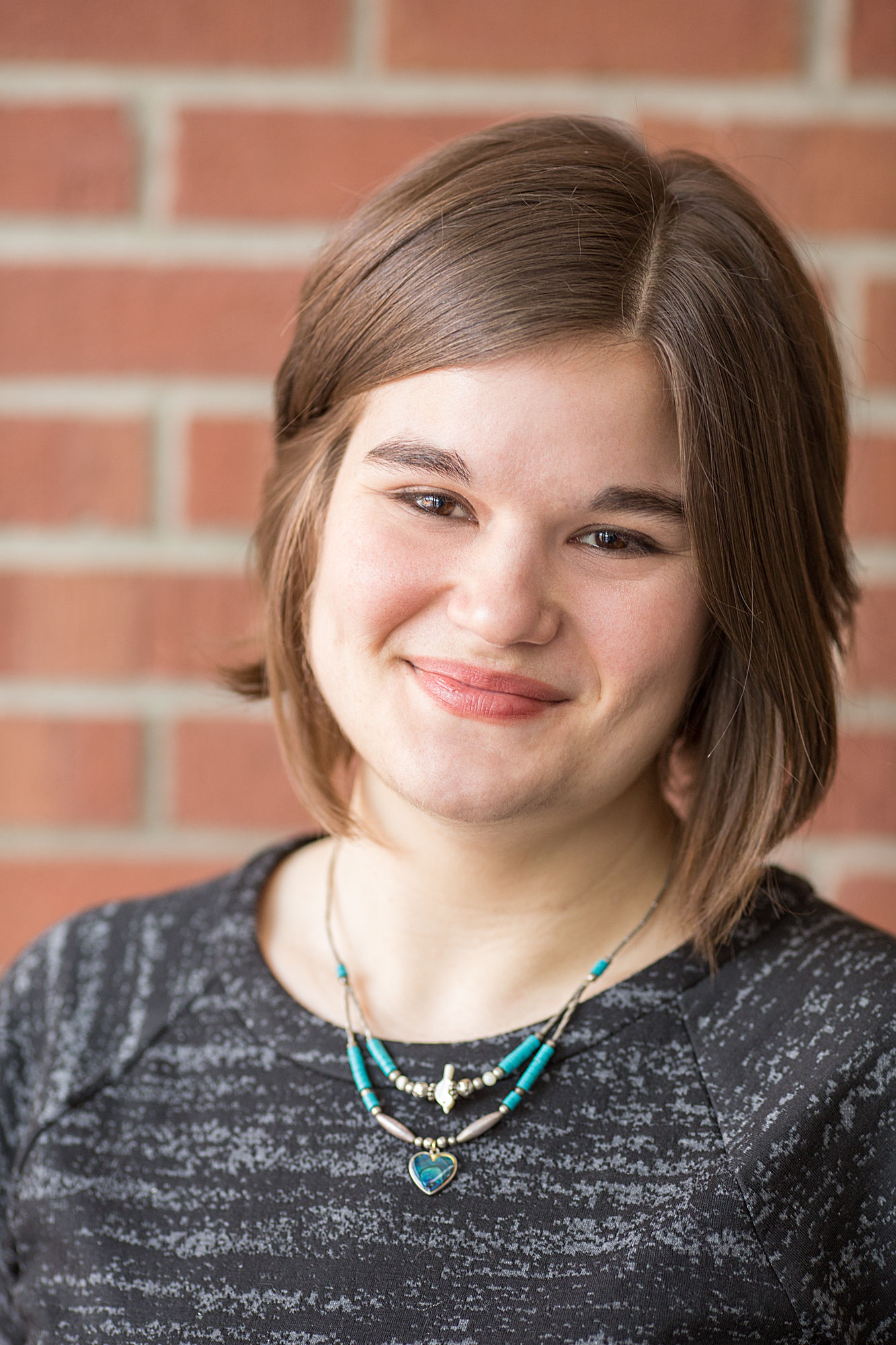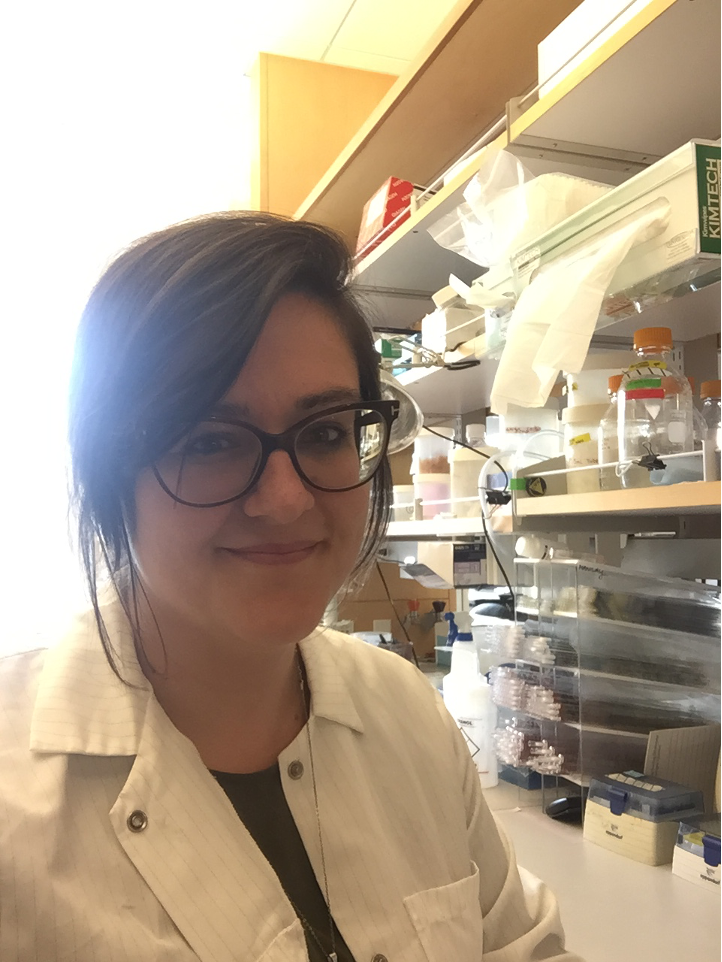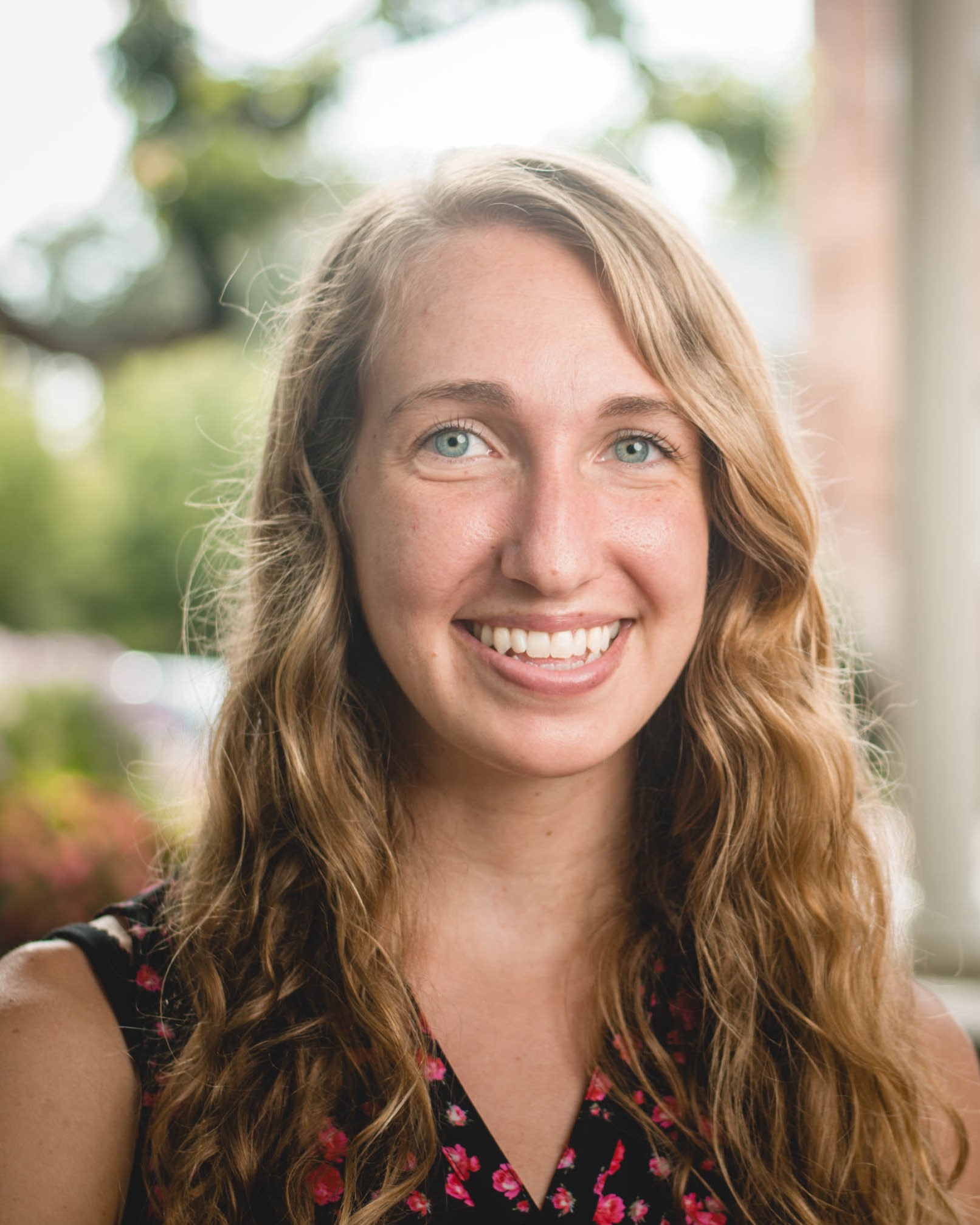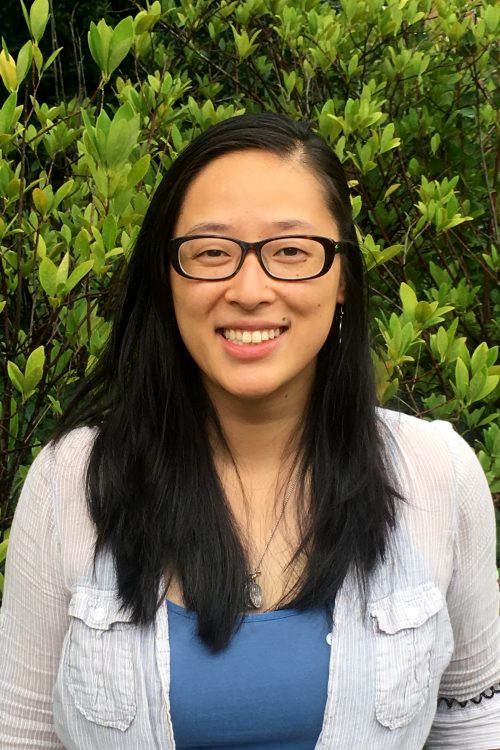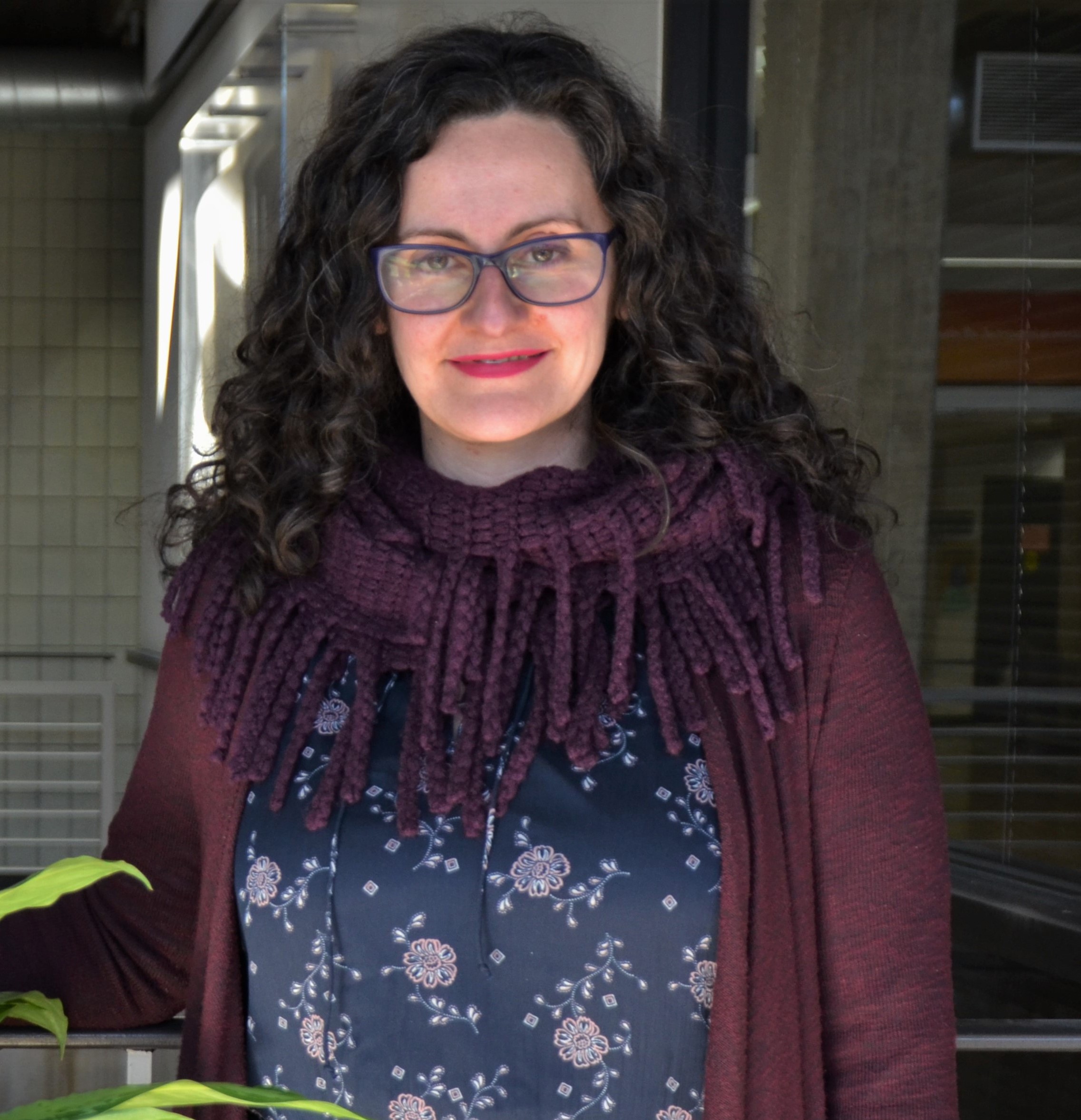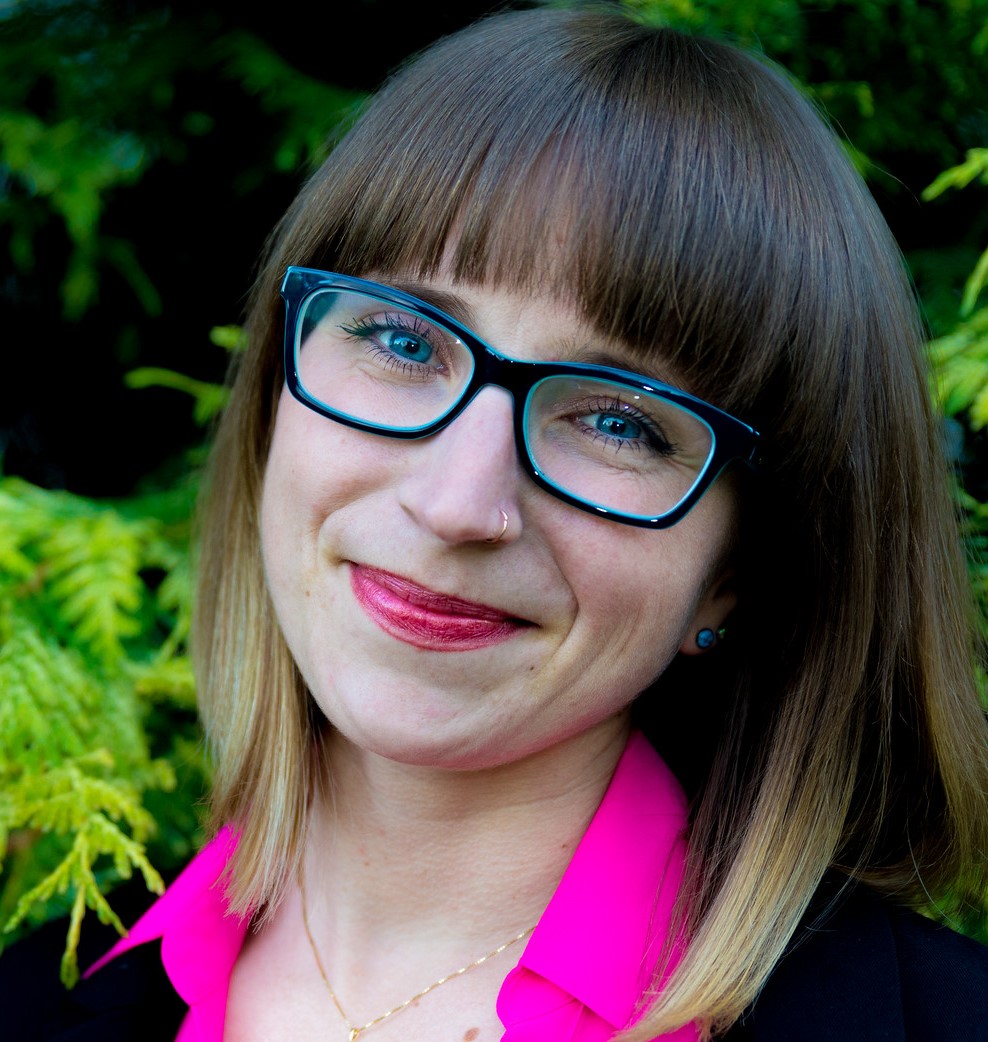The DBER-SiT Professional Development (PD) Subcommittee
The PD Subcommittee is dedicated to providing DBER Scholars-in-Training (DBER-SiT) with opportunities to hone their professional skills to better prepare for the next steps in their career.
Toward this end, this subcommittee will:
- Survey DBER-SiT members to determine the types of PD they need
- Organize annual workshops relevant to what DBER-SiT members need
- Provide an outlet for member feedback from workshops
Our first PD workshop (Professional Development for Scholars-in-Training: What career options do I have in BER?) was held at the SABER 2019 National Meeting. You can find videos of the workshop on our YouTube channel here and download a pdf of notes taken during the workshop here. We held our second PD Career Panel Workshop at the virtual SABER 2020 National Meeting, available to watch here.
For more information about the Professional Development Subcommittee, please contact Dax Ovid (they/them/their) at daxovid@sfsu.edu or Sonia Laurie (she/her/hers) at sjlaurie@email.unc.edu.
| Here are the current PD subcommittee members: | |
|
Dax Ovidthey/them/theirCo-Chair |
Dax is a postdoctoral researcher at San Francisco State University in the Science Education Partnership and Assessment Laboratory (SEPAL). Their current projects include understanding high school students relatability to scientists with the implementation of Scientist Spotlights (www.scientistspotlights.org). Dax is also studying personal/professional identity development in chemistry and biology graduate students participating in the Graduate Opportunities to Learn Data science (GOLD) certificate program. Universities once disinterested or unaware of DBER have graduate students demanding that education, equity, and inclusion count as a part of their dissertation work. How can we foster authentic connections and networking with future colleagues? How do we develop ourselves as emerging professionals to be driven by equity and inclusion in our research, teaching, and service? Your ideas can spur a new generation of biology education praxis and research. Let’s learn from each other! Please send an email if you are interested in being a part of this subcommittee. Email: daxovid@sfsu.edu; Twitter: @DaxOvid; LinkedIn: https://www.linkedin.com/in/daxovid/
|
|
Sonia J. Laurieshe/her/hersCo-Chair |
Sonia grew up in Cambridge, MA and her interest in nature and science led her to Beloit College where she completed her BS in Evolutionary Biology. Sonia then returned to the Boston area and completed a post-baccalaureate research fellowship in pathology with Henry Wortis at the Tufts University Graduate School of Biomedical Sciences studying age-associated decline in immunity. Sonia earned her PhD in Immunology and Molecular Pathogenesis from Emory University in 2018, where her dissertation work in Mandy Ford’s lab focused on controlling T cell-mediated rejection of grafted tissues after solid organ transplantation. Sonia is now an IRACDA scholar in the Seeding Postdoctoral Innovators in Research & Education Program at The University of North Carolina in Chapel Hill studying epigenetic regulation of type II innate lymphoid cells in graft-versus-host disease in Jonathan Serody’s lab. As a postdoc, Sonia is exploring how metacognitive and cultural factors form identity and seeks to understand how learning environments support or inhibit expression of those identities. Sonia is a White, cis-gendered, queer, Jewish woman aiming to identify and remove institutional barriers to civil rights and education to build just, safe spaces for all. Sonia loves the outdoors and enjoys the mountains but feels the most at home by the sea and is a big fan of dogs, Thai food, and community organizing. Email: sjlaurie@email.unc.edu or sonia.laurie@gmail.com; website: www.sonialaurie.com |
Elizabeth (Liz) Genné-Baconshe/her/hersVolunteer Member |
Liz earned her bachelor’s degree in genetics and evolutionary anthropology at Rutgers University, and her PhD in genetics at Yale University. She is currently a postdoctoral researcher in the Center for Translational Science Education at Tufts University School of Medicine. Her work with the PARE Project (a module-based CURE on antibiotic resistance) focuses on understanding the barriers that instructors face toward implementing educational innovations in diverse institutional settings. She also works on improving high school teacher pedagogical content knowledge through the development of online courses for teachers. In her spare time she enjoys over-analyzing Star Trek episodes and volunteering at the local zoo (except the zoo is currently (fall 2020) closed due to the pandemic).
|
|
|
Anna was born and raised in Los Angeles, California and received her B.Sc. in Environmental Biology with a concentration in Microbiology at California State Polytechnic University, Pomona. During her undergraduate years she participated in a number of undergraduate research opportunities which sparked her interest in microscopic organisms living in natural environments. She decided to go to graduate school at Montana State University where she studied how bacteria form diverse communities known as biofilms at the Center for Biofilm Engineering. She also discovered a passion for teaching while completing the College Teaching Certificate offered through the Department of Adult and Higher Education at MSU. After receiving her PhD, she sought out opportunities where she could continue researching bacteria while also gaining experience in STEM education research. She is currently a post-doctoral research associate at Emory University working on the Bean Beetle Microbiome Project, an NSF-Funded STEM education project investigating the role of student autonomy in course-based undergraduate research experiences using insect-microbiomes as a model system. In her free time, she enjoys hiking, bird-watching, drawing, painting, and photography. |
|
|
Hailing from India, Anupriya earned her Bachelor’s degree Environmental Science and a Master’s degree in Biodiversity monitoring and utilization from the University of Pune (now Savitribai Phule Pune University). A passion for teaching science brought her to graduate school at Purdue University where, while getting a Master’s in Biological Sciences (ecology and evolutionary biology), she developed a profound preoccupation with the history and philosophy of science and science education. Currently, at the end of this rather winding road through various sub-disciplines, she is a PhD candidate in the Biology Education research area at the Department of Biological Sciences, Purdue University. Her research explores variation in the way researchers and students at undergraduate institutions think about scientific inquiry, particularly in the context of experiment design. In her free time she enjoys reading and watching science fiction, annoying her cat, and sitting outdoors staring off into the middle distance while pondering the human condition. Twitter: @eterno_mutato |
|
Megan Shirodashe/her/hersVolunteer Member |
Megan earned her Bachelor's and Master's degree from the University of Wisconsin - Madison in Microbiology. Her research focused on the molecular mechanisms that allow food-borne bacteria to survive in food. After finishing her Master's, Megan spent a year in the Federated States of Micronesia (group of islands in the Pacific) teaching math, science and health classes at a small college though the program WorldTeach. Afterwards, she completed her PhD in Microbiology and Molecular Genetics at Michigan State University (MSU) studying how the microbiome affects the ability of an opportunistic bacteria to cause disease. After graduation, Megan began her current post-doc with the Automated Analysis of Constructed Response (AACR) group at MSU. She is working on a variety of projects including examining measures of lexical diversity and the performance of automated computer scoring models at different institutions. Megan is a distance runner and a dog-mom who will happily explain to anyone who will listen why water bears are the coolest organism. |
|
|
Cristie grew up in southern California where she received her BS in Microbiology at California State University Long Beach. She then spent two years working as a contract researcher in Boston, MA before returning to CA to attend graduate school at the University of California, Merced. Currently, Cristie is in her 5th year in the quantitative and systems biology program studying the development of the immune system in dysregulated environments. She also recently began work on two DBER projects studying instructor discourse as well as how transitioning to emergency remote instruction changed instructors’ pedagogical approaches. In her free time Cristie enjoys spending time with her family and three dogs as well as scuba diving and ceramics. |
| Past members of the Professional Development Subcommittee: | |
|
Kelsey Gray, former volunteer member |
Kelsey served as a volunteer member of the Professional Development Subcommittee from August 2018 until August 2020. Twitter: @KelseyMGray |
|
Miranda Chen Musgrove, former Co-Chair |
Miranda is a founding member of DBER-SiT and served as Co-Chair of the Professional Development Subcommittee from July 2018 to September 2020. |
|
Rita Margarida Magalhães, former Co-Chair |
Rita served as an elected Co-Chair of the Professional Development Subcommittee from October 2019 to September 2020. Twitter: @Fiery_Medusa |
|
Brie Tripp, former Co-Chair |
Brie is a founding member of DBER-SiT and served as a Co-Chair of the Professional Development Subcommittee from July 2018 to October 2019 when she shifted her role to become the Chair of DBER-SiT until September 2020. |
|
Linh Chau, former volunteer member |
Lihn served as a volunteer member of the Professional Development Subcommittee from summer 2018 to fall 2019. Twitter: @LineChau |

